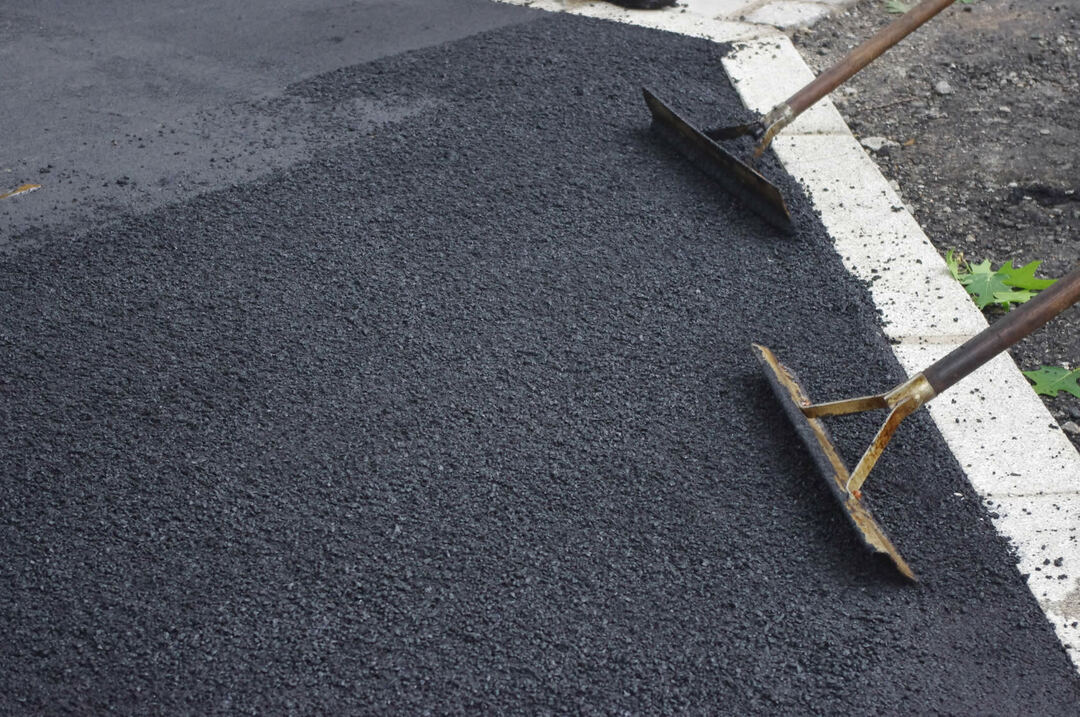Definition of Asphalt Concrete
Miscellanea / / July 04, 2021
By Javier Navarro, in Nov. 2018
 Asphalt concrete, also known as asphalt cement and other terms, is a sticky black substance that is obtained after a petroleum distillation process. This material is basically used to pave roads and for this it is mixed with other rocks and minerals of different sizes.
Asphalt concrete, also known as asphalt cement and other terms, is a sticky black substance that is obtained after a petroleum distillation process. This material is basically used to pave roads and for this it is mixed with other rocks and minerals of different sizes.
In addition to roads, it is also used in all types of civil works: parking lots, airports, public spaces, etc.
Not all asphalt mixes are the same
The temperature of the mixture is a determining question to create one asphalt or another. Hot mix asphalt is the most widespread and allows better expansion and compaction on the pavement. For some types of pavement, a cold mix asphalt is preferable. Other mixtures are porous or draining, micro-agglomerates or putties.
One or the other version is chosen depending on some circumstances: the type of infrastructure, if it is a rehabilitation of the pavement, the category traffic, the regulatory requirements of the road safety wave topography of the land.
Its characteristics make it a perfect mix for building roads
It is especially resistant when it comes to withstanding road traffic. On the other hand, it adapts to the tires of different vehicles. Being waterproof, it prevents water from penetrating it and can alter the foundations of the road.
Asphalt concrete also has some "pathologies"
Different asphalt mixes can lead to pavement anomalies. In this sense, the most common mistakes made are the following:
1) an incorrect or faulty mixture,
2) poor compaction (e.g. with rigid mortars),
3) an imperfect calculation of the density of the mineral particles used,
4) a mixture with excessive humidity and 5) a pavement with holes that facilitate the filtration of the water.

Latest advances
The possible shortcomings and limitations of asphalt concrete have prompted experts to search for new solutions. In recent years a new type of asphalt is being investigated. It is still a draft but it is intended to overcome some limitations (the new material could repair itself by the impact of the heat emitted by the Sun or using a technology with electromagnets that will increase the temperature of the asphalt).
On synthesis, engineers are looking for three major breakthroughs: self-healing, pavement durability, and cost savings.
From the economic point of view, it would be expensive to introduce this type of asphalt on all roads, but in the long term there would be a cost reduction due to savings in the maintenance.
Fotolia photos: flucas / drakuliren
Asphalt Concrete Topics